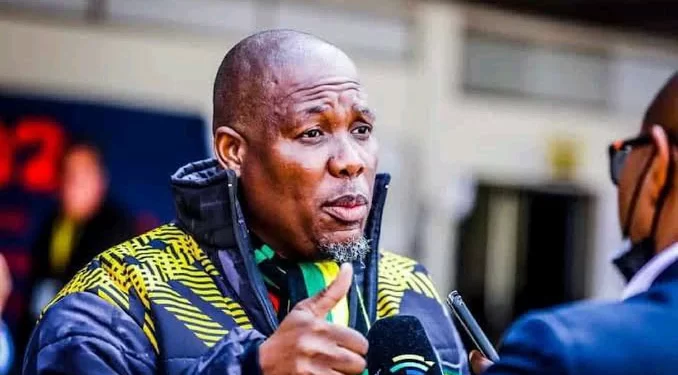With the 2024 general elections approaching, the African National Congress (ANC) finds itself on shaky ground as concerns over governance, corruption, and the recent Phala-Phala scandal continue to cast doubt on the party’s ability to retain power. While some ANC leaders dismiss these concerns, claiming that voters do not prioritize such issues, the reality on the ground tells a different story.
One of the pressing issues that have plagued the ANC in recent years is load shedding, which has had a devastating impact on the economy and the livelihoods of ordinary South Africans. The frequent power outages have forced businesses to close down, resulting in job losses and economic instability. To claim that voters do not care about load shedding is misguided, as the impact is felt by many and has caused widespread frustration among the populace.
Furthermore, corruption scandals within state-owned entities have eroded public trust in the ANC. The Phala-Phala scandal, although President Cyril Ramaphosa was cleared of any wrongdoing, has left a dark cloud hanging over his leadership. The ANC’s refusal to support a parliamentary investigation into the matter has raised questions about the party’s commitment to accountability. The lingering effects of corruption on the ANC’s reputation cannot be dismissed, as politically conscious voters are likely to take these issues into consideration when casting their ballots.
Bheki Mtolo, the ANC KwaZulu-Natal secretary, recently claimed that voters do not consider load shedding or the Phala-Phala scandal as crucial factors in their decision-making. However, many would argue that Mtolo’s assertion is out of touch with the realities faced by ordinary South Africans. The economic hardships caused by load shedding and the erosion of trust due to corruption scandals cannot be ignored. Voters, particularly those who have been directly impacted, are likely to view the ANC’s handling of these issues as a failure to provide basic services and prioritize their interests.
As the general elections draw nearer, the ANC must address these concerns and regain the trust of the electorate if it hopes to remain in power. Failure to do so could lead to a significant loss of support, potentially resulting in the ANC losing its position as the ruling party for the first time since the advent of democracy.
The upcoming elections will undoubtedly be a crucial moment for South Africa’s political landscape, and voters will be tasked with deciding the future direction of the country. The ANC’s ability to address the concerns of the electorate and present a compelling vision for the future will ultimately determine its fate in the 2024 general elections.
As the election season unfolds, it is vital for citizens to engage in informed discussions, share their thoughts, and participate actively in shaping the country’s democratic process.






















